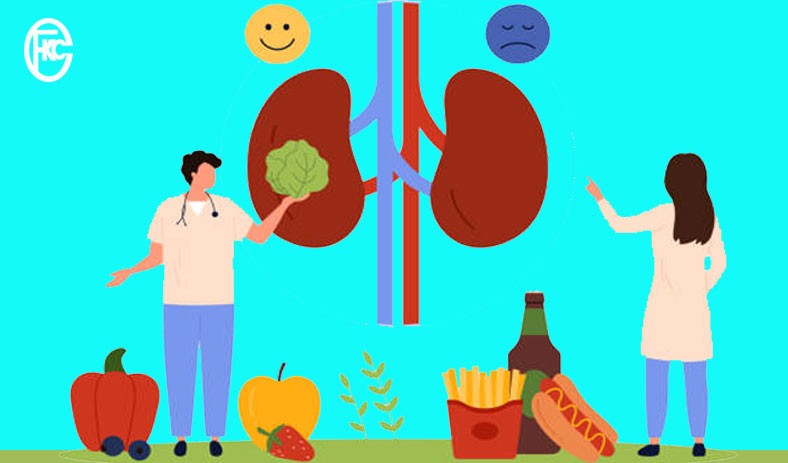
Overview:
Maintaining a healthy diet is crucial for managing kidney disease.
Here are some following dietary tips to help you eat well for kidney health:
1. Limit sodium intake:
Too much sodium can lead to high blood pressure and fluid retention, which can be harmful for your kidneys. Try to limit your sodium intake by avoiding processed foods and using herbs and spices to season your meals instead.
2. Watch your phosphorus intake:
High levels of phosphorus can contribute to bone and heart problems in kidney disease patients. Be mindful of phosphorus-rich foods like dairy products, nuts, seeds, and whole grains.
3. Monitor potassium levels:
Kidney disease can lead to high potassium levels, which can be dangerous for your heart. Limit potassium-rich foods like bananas, oranges, potatoes, and tomatoes.
4. Stay hydrated:
Drinking enough water is important for kidney health. Aim for at least 8 cups of water per day, unless your doctor has advised you otherwise.
5. Choose high-quality protein sources:
Opt for lean protein sources like fish, poultry, and eggs, and limit red meat intake. Be cautious of protein supplements, as they can be hard on the kidneys.
6. Limit phosphorus-rich foods:
Foods high in phosphorus can be harmful to your kidneys, so it's important to limit your intake of phosphorus-rich foods like dairy products, nuts, seeds, and whole grains.
7. Incorporate more fruits and vegetables:
Fruits and vegetables are rich in vitamins, minerals, and antioxidants that can benefit your kidney health.
8. Monitor your fluid intake:
If you have kidney disease, your doctor may recommend limiting your fluid intake. Be mindful of how much liquid you consume, including water, juice, and other beverages.
9. Control your blood pressure:
High blood pressure can put extra strain on your kidneys, so it's important to monitor and manage your blood pressure levels. Follow a healthy diet, exercise regularly, and take any prescribed medications to keep your blood pressure under control.
10. Choose whole grains:
Whole grains like brown rice, quinoa, and oatmeal are a good source of fiber and nutrients that can benefit your kidney health.
11. Limit processed and fast foods:
Processed and fast foods are often high in sodium, phosphorus, and unhealthy fats, which can be harmful to your kidneys. Try to eat in a limit.
12. Practice portion control:
Eating the right portion sizes can help you manage your weight and prevent complications from kidney disease. Use measuring cups and scales to portion out your food and avoid overeating.
Conclusion:
By following these dietary tips and working closely with your healthcare team, you can better manage your kidney disease and support overall kidney health. Before making any significant changes to your diet or lifestyle, always consult with your healthcare provider.